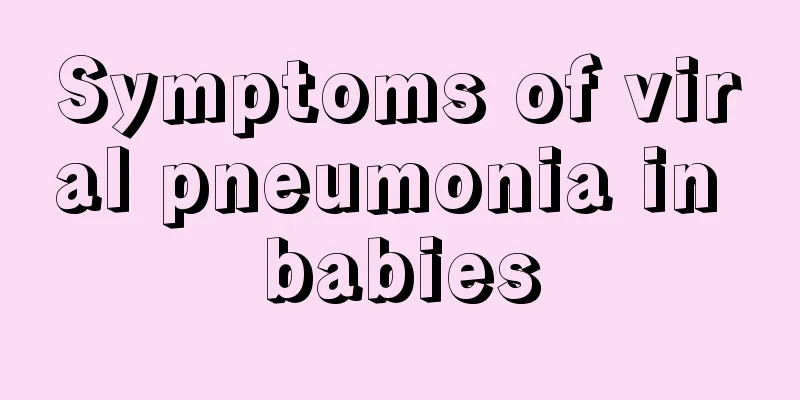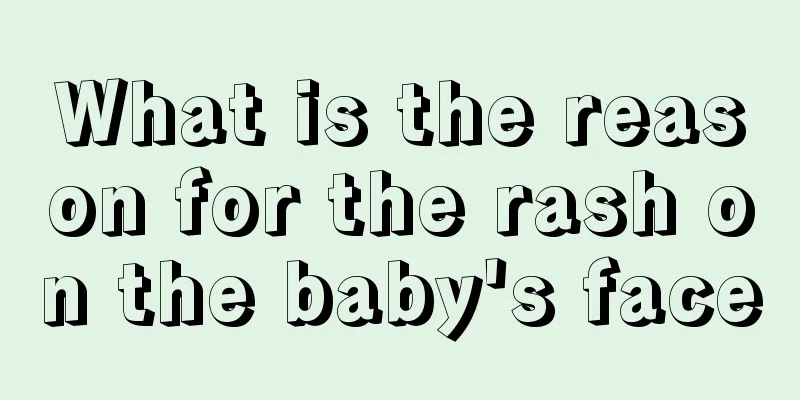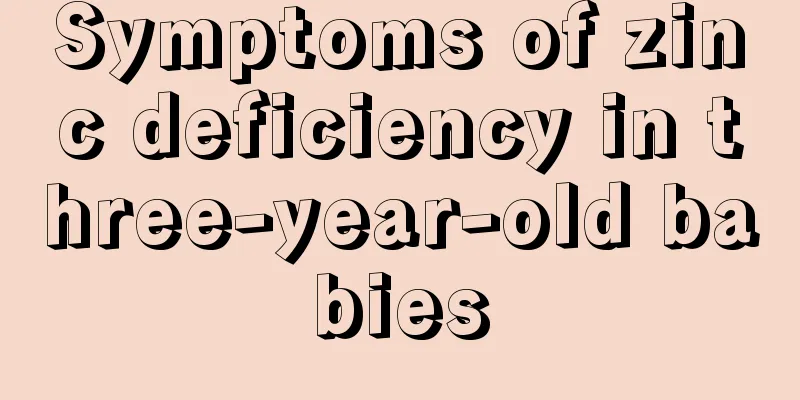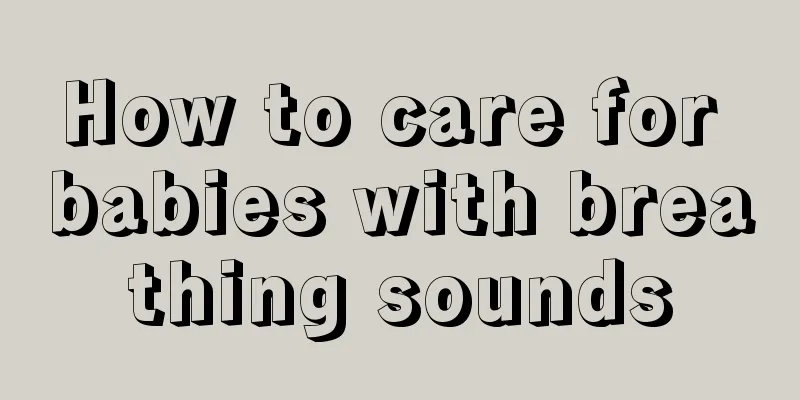What are the symptoms and treatment of bronchitis in children?
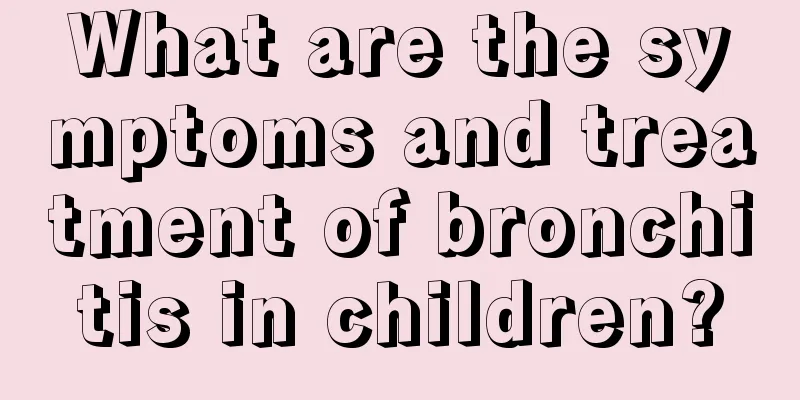
|
Bronchitis is relatively common in children, with cough as the main symptom, accompanied by fever, vomiting, diarrhea or loss of appetite. Attention should be paid to cough and expectoration, or a small amount of antitussive drugs can be taken according to the situation. 1. It is more common in infants and young children. Most of them first have symptoms of upper respiratory tract infection, and then cough becomes the main symptom. Frequent and deep dry coughs begin, followed by bronchial secretions. The cough usually lasts for 7 to 10 days, sometimes lingers for 2 to 3 weeks, or recurs. Those with mild symptoms have no obvious appearance of illness and generally no systemic symptoms. 2. Infants and young children have more severe symptoms and are prone to fatigue, which affects their sleep and appetite. The fever may reach 38-39°C, occasionally 40°C, and usually subsides in 2-3 days. Even gastrointestinal symptoms such as vomiting, diarrhea, and abdominal pain may occur. The older child complained of headache and chest pain again. 3. Dry and moist rales can be heard in the chest. The rales may be coarse or fine, mostly medium moist rales, mainly scattered in the lower chest, occasionally limited to one side. 4. After coughing up the secretions , the rales may temporarily decrease. Occasionally, due to excessive phlegm accumulation in the bronchi, the breath sounds may decrease, but after the phlegm is coughed out, the breath sounds return to normal. 5. In severe cases, the breath sounds in both lungs are coarse , and there may be irregular scattered dry and wet rales and coarse medium wet rales. However, it is difficult to distinguish from pneumonia in the early stages. If deeper rales or crackles are heard and the rales do not decrease significantly after coughing, pneumonia should be considered and a chest X-ray should be performed to confirm the diagnosis. Before treatment, pay attention to strengthening nutrition and actively prevent upper respiratory tract infections. 6. Symptomatic treatment Cough and expectorant: If the sputum is thick and difficult to suck out, you can use nebulization inhalation and choose 10% ammonium chloride mixture, Bisouping, and Xiaoer Qiangli Tanling (1-2 tablets for 2-4 years old, 2-3 tablets for 5-8 years old). Frequent dry coughs affect sleep and rest. You can take a small amount of antitussive drugs, such as promethazine and chlorpromazine 0.5-1 mg/kg/time, 2-3 times a day. Care should be taken to avoid overdose and prolonged use, which will affect the physiological activity of cilia and make secretions difficult to discharge. |
<<: What to do if your child has sore mouth corners
>>: What are the benefits of vitamin C for children?
Recommend
What are the requirements for a baby's height-growing diet?
The healthy growth of the baby is very important ...
How to treat a 2-year-old baby grinding his teeth while sleeping
Many people grind their teeth when they sleep. Th...
What is the reason for the white discharge from the baby girl's private parts?
Because newborns have been in the mother's bo...
What are the symptoms of milk allergy in babies?
Babies generally don’t have very good physical co...
How to treat stomach pain in children?
Stomach pain in children is something that many p...
What to do if your child has ear knots
The development of children is an issue that many...
What are the symptoms of encephalitis in children?
Encephalitis is relatively common in clinical pra...
What to do if a child has wind-heat cough and phlegm
When the seasons change, children are most likely...
Can babies bask in the sun every day?
Children are the flowers of the motherland. When ...
Symptoms of children sweating at night
It is common for babies to sweat during sleep, an...
The baby has a brown birthmark on his face, and laser treatment is effective
Many babies have brown birthmarks on their faces ...
What is a good gift for a baby girl?
Having a baby is a big event for a family, and pe...
Why are baby teeth black?
Many people have experienced a similar situation,...
What to do if your baby has phlegm in his nose
Babies often have a lot of phlegm due to getting ...
Two-year-old baby's skin itching
It is quite common for a two-year-old baby to hav...


